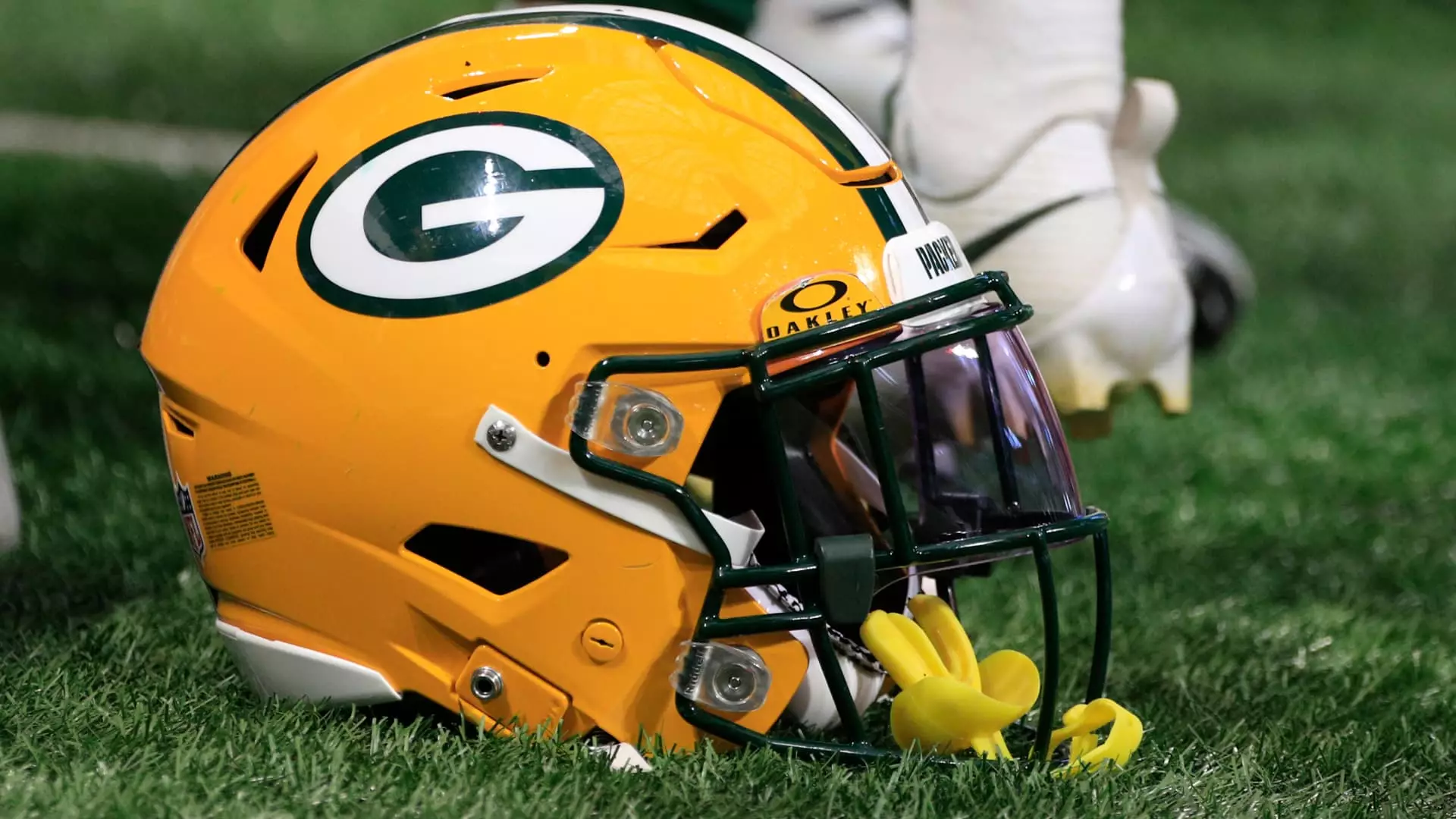In a sea of privately owned teams in major professional sports leagues, the Green Bay Packers stand out as the only team with a publicly owned structure. The franchise, valued at $6.3 billion, is owned entirely by stockholders, a tradition that dates back over a century. With more than 5.2 million outstanding shares held by over 538,000 individuals, the Packers have a unique ownership model that sets them apart from their NFL counterparts.
Packers shareholders, many of whom are die-hard fans of the team, have the opportunity to attend the team’s annual meeting and vote for a board of directors. However, unlike traditional shareholders in publicly traded companies, Packers owners do not receive any financial benefits from their ownership. The shares pay no dividends, are nontransferable except to a family member, and have no intrinsic market value. The only way for a shareholder to realize any monetary return is by selling their shares back to the team, and even then, it is at a fraction of the original share price.
Financial Operations
Despite its massive valuation, the Green Bay Packers operate as a nonprofit organization. The team’s revenue, which totaled $638 million in 2023, is used to cover player salaries, maintain their iconic Lambeau Field, fund marketing efforts, and cover other operational expenses. The Packers have utilized share offerings over the years to navigate through financial challenges and undertake large-scale renovations of their stadium. This unconventional financial approach sets the Packers apart from the profit-driven strategies of most other NFL franchises.
The unique ownership structure of the Packers poses challenges for potential private equity investors. With a strict 200,000 share ownership cap per individual, and shares that offer no financial return, private equity firms find little incentive to invest in the team. Even though league rules allow for up to 10% ownership by approved private equity entities, the Packers’ structure makes it unlikely that they will attract significant external investment. The infrequency of share offerings, coupled with the relatively low share prices compared to the team’s overall valuation, further deter potential investors.
In addition to their distinctive ownership model, the Green Bay Packers are considered outliers in the NFL for various reasons. As the team with the smallest television market among all 32 franchises, the Packers do not benefit from the high levels of tourism seen in cities like Las Vegas, Miami, and New York. Furthermore, the team’s long-term stability at the quarterback position, transitioning from Brett Favre to Aaron Rodgers and now to Jordan Love, has drawn criticism and admiration from fans and organizations alike.
Overall, the Green Bay Packers’ unconventional ownership structure, coupled with their nonprofit status and unique financial operations, position them as a distinct entity within the NFL landscape. While their approach may not appeal to traditional investors, it has allowed the Packers to maintain a strong bond with their fan base and uphold their storied legacy in professional football.

